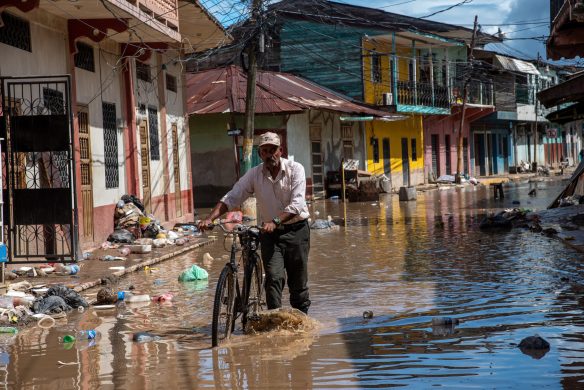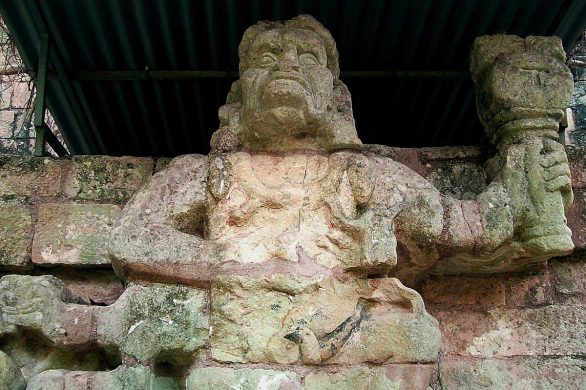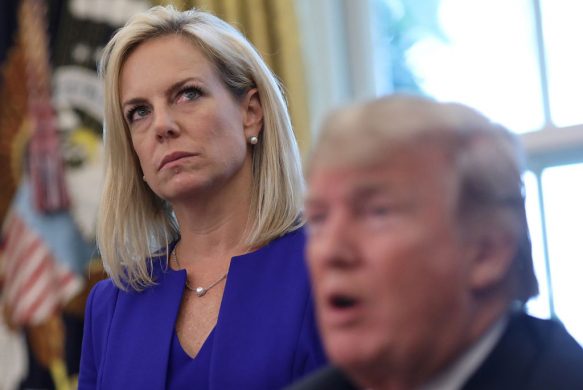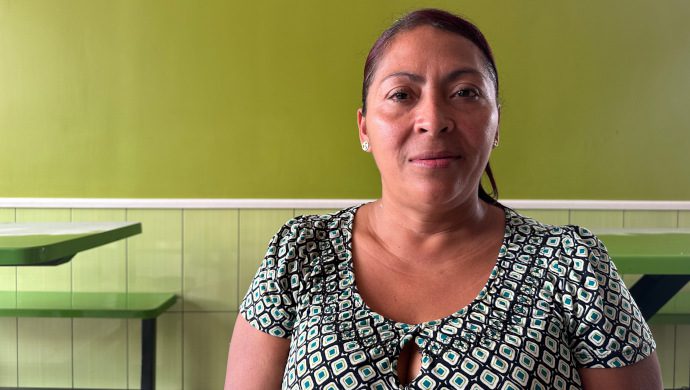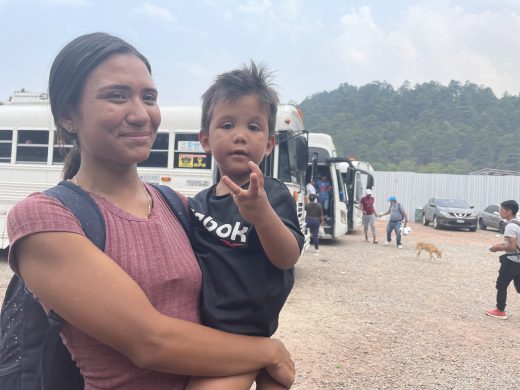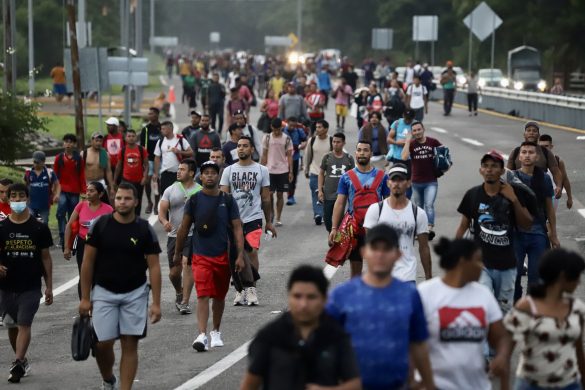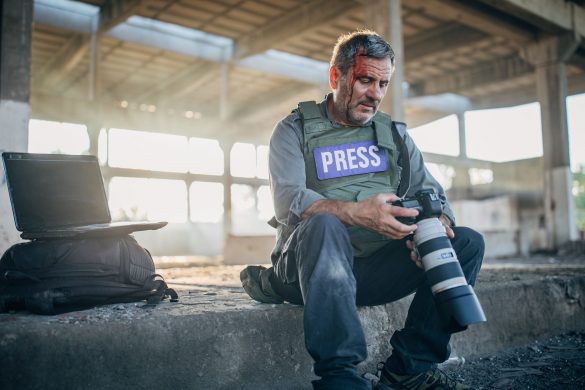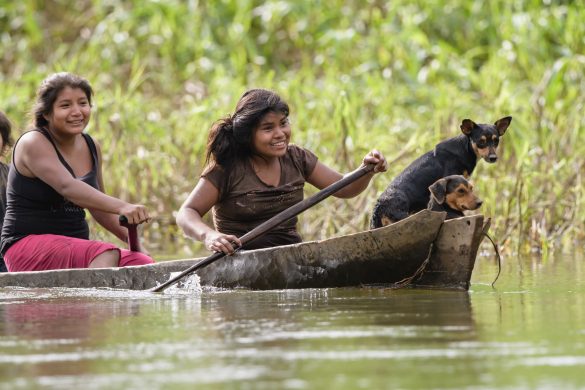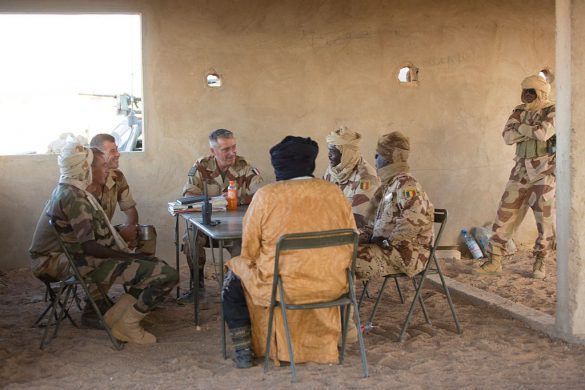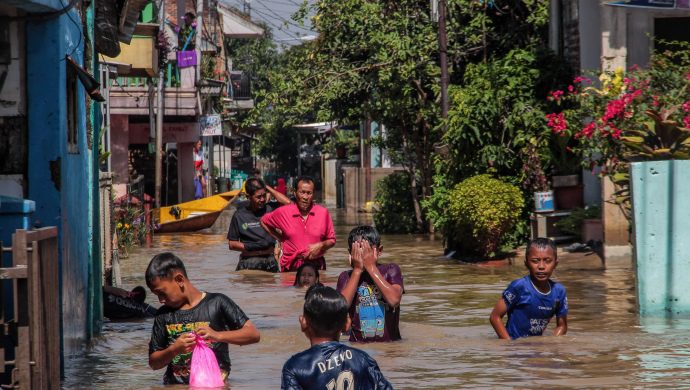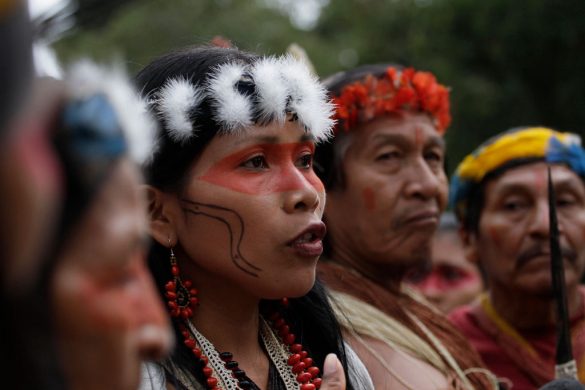Det fremgår af en pressemeddelelse fra den særlige udsending:
TEGUCIGALPA / GENEVA, 12 November 2015: United Nations human rights expert Victoria Tauli-Corpuz warned about the critical situation faced by indigenous peoples in Honduras regarding their land and natural resources rights, as well as their lack of access to justice, education and health.
She also expressed concern about the general environment of violence and impunity affecting many indigenous communities.
"A fundamental problem faced by indigenous peoples is the lack of full recognition, protection and enjoyment of their rights to ancestral lands, territories and natural resources," said the UN Special Rapporteur on the rights of indigenous peoples at the end of her first official visit [*] to the country.
The expert noted that indigenous communities throughout Honduras are demanding the 'saneamiento' (title clearing) of their collective lands to address the issue of third parties in their lands and the resulting conflicts.
In Auka, the Miskito community spoke to the Special Rapporteur about the conflictive situation they faced with settlers in their recognized territories which led to the events of 12 March 2015.
She urged the Honduran Government to implement the full agreement reached with the community to investigate and sanction those responsible for land sales and environmental destruction, to finalize the 'saneamiento' process, and to return third parties to their places of origin.
Indigenous peoples also expressed concern about natural resource development projects, like hydro-electric dams, approved without previous consultation with them, such as the Agua Zarca Dam.
Members of Lenca communities that have opposed the dam due to impacts on their livelihoods and culture, reported grave human rights violations including killings, threats and intimidation.
"Unfortunately, this is not an isolated situation and similar human rights abuses have been reported to me in the context of other hydro-electric projects affecting Lenca people, mining and logging concessions affecting the Tolupan people or tourism and infrastructure projects in Garifuna lands," Ms. Tauli-Corpuz regretted.
The Special Rapporteur drew attention on the general environment of violence and impunity affecting many indigenous communities, while describing a situation of rampant violence including assassinations of Tolupan members for defending their lands and a widespread impunity of perpetrators for these crimes.
In reference to indigenous peoples' lack of access to justice she noted that their ability to obtain justice is hindered by many factors, including lack of awareness by justice operators about indigenous peoples' rights, the lack of resources of the institutions such as the Fiscalía de Etnias and Comisionado Nacional de Derechos Humanos; language, cultural and economic barriers; racism and discrimination toward indigenous peoples; and impunity.
"There is a dire need for effective legal, administrative or other mechanisms to enable indigenous peoples to present complaints for violations of their territorial, cultural and basic human rights and to obtain redress," she noted. "The lack of these mechanisms has led indigenous peoples to engage on occasion in peaceful social protests, which unfortunately results in the criminalization of those defending their lands."
During her nine-day mission, Ms. Tauli-Corpuz met with national, departmental and municipal government authorities, indigenous peoples, civil society organizations and the private sector in several parts of the country. She also held meetings with representatives, communities and organizations of the Lenca, Maya Chorti, Nahua, Tolupan, Garifuna, Pech, Tawahka and Miskito peoples.
The Special Rapporteur will submit a full report to the UN Human Rights Council with her conclusions and recommendations in September 2016.
Læs hele erklæringen i nendestående link.



